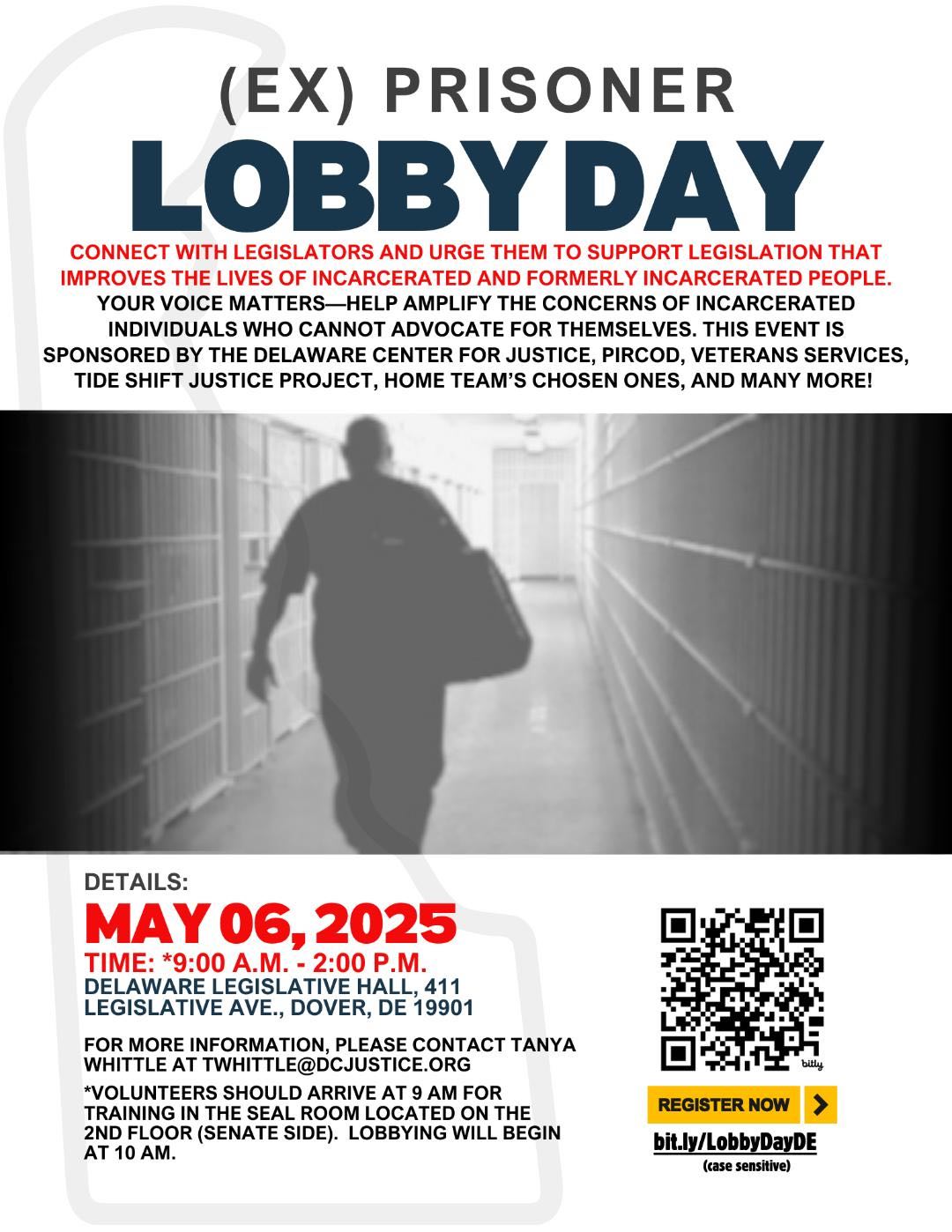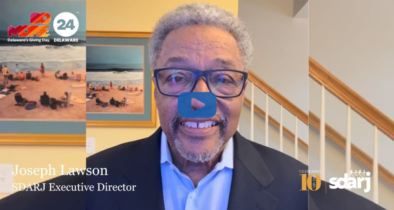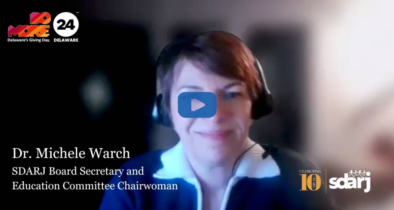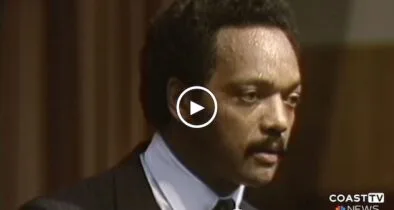(EX) Prisoner Lobby Day in Legislative Hall on May 6th
As of April 10, 2025, the Delaware Department of Corrections was supervising 10,795 people on probation and 3,469 men and women within Delaware prisons, 1,072 of whom are on pre-trial detention.1 Among Delaware’s prison population are 341 people serving Life Without Parole (LWOP) sentences, also described as Death by Incarceration (DBI) and another 533 people serving ‘Virtual Life’ sentences (sentences so long, the probability is dying in prison), another type of DBI sentence.
Currently, under Delaware law, compassionate release is reserved for incarcerated individuals diagnosed with a serious medical illness or infirmity. The law does not extend to the individuals sentenced to LWOP or ‘Virtual Life’ regardless of their rehabilitation or designation as being a low-risk to recommit crime. SB 10, the “Richard ‘Mouse’ Smith Compassionate Release Act”, can change that. The eligibility criteria, whereby incarcerated individuals may petition a judge for early compassionate release based on either their serious illness or positive rehabilitation, will be expanded.
In a recent letter to be published in Black Voices, a quarterly publication of the Southern Delaware Alliance for Racial Justice, Kenny Rodgers, a “lifer” at James T. Vaughan Correctional Center since 1990, wrote, “There are many lifers who’ve transitioned into their best self and give back in the facility where they reside as teachers, facilitators, religious leaders, shop stewards, mentors, and role models. Their morals, values, and altruistic behaviors could serve many communities in society if given grace through a second chance. A public discourse is needed to question if the high cost of retribution of older lifers that have served decades of imprisonment and have transitioned into law abiding citizens makes good fiscal and moral sense.”
In spite of entering Delaware’s prison system at age 22, serving 25 years of a LWOP sentence at the James T. Vaughn Correctional Center, and being denied a commutation by Delaware’s former governor, inmate Robert W. Warrington tries to maintain a positive attitude. Editor of the prison’s newspaper, The Isthmus, and working for the Men with a Message Braille Program transcribing textbooks into braille for blind students in Delaware, Warrington, states, “If you want change, if you believe in second chances, it is time for you to make your voices heard.”
Titled (Ex) Prisoner Lobby Day, on May 6th, from 9:00 a.m. to 2:00 p.m. in Legislative Hall at 411 Legislative Avenue in Dover, several organizations are inviting legislators to connect directly with the general public, families and loved ones of incarcerated individuals, former offenders, educators, advocates and activists. An opportunity to connect virtually with incarcerated individuals will also be available. It is a powerful opportunity to advocate for improved conditions of confinement and meaningful pathways home for rehabilitated incarcerated individuals.
Register for the May 6th (Ex) Prisoner Lobby Day at bit.ly/LobbyDayDE. Learn about the recently-submitted SB 10, Compassionate Release Act, expanding the eligibility criteria whereby incarcerated individuals may petition a judge for early compassionate release based on either their serious illness or positive rehabilitation, and how the process will become streamlined and reformed. Connect with legislators and urge them to support this legislation and other legislation that improves the lives of incarcerated and formerly incarcerated people.
In supporting SB 10 and expanding Compassionate Release and Second Chances, Rodgers cites empirical studies: “There are numerous studies using empirical evidence that supports the release of this particular group of older prisoners who’ve aged out of crime (see Michael Millemann, Rebecca Bowman-Rivas, and Elizabeth Smith: ‘Releasing Older Prisoners’).” Rodgers also points to Delaware success stories: “And if you have reservations about the character of these lifers, I would ask you to look no further than the justice-involved individuals (mentees under many of these lifers) that have returned to society and are now running groups and programs throughout Delaware making a difference in young people’s lives.”
Sponsors of (Ex) Prisoner Lobby Day are the Delaware Center for Justice (DCJ), Partnership in Reentry Coalition of Delaware (PIRCOD), Veterans Services, Tide Shift Justice Project, Home Team’s Chosen Ones (HTCOs), Southern Delaware Alliance for Racial Justice (SDARJ), Link of Love, The Way Home, and many more including some of Rodger’s formerly incarcerated mentors and mentees.
Tanya Whittle, Delaware Center for Justice, states, “Stand in solidarity for justice and reform! Your voice matters—help amplify the concerns of incarcerated individuals who cannot attend and advocate for themselves.”
Warrington concludes, “(Ex) Prisoner Lobby Day is an event where citizens can express their desire for an effective process that offers real second chances unimpeded by fear of political consequences and express a desire for probation reform so that those leaving prison have a path to remaining out of prison. Positive change can happen. Your voices and participation matter. You matter.”
To volunteer or for more information, contact Tanya Whittle at Twhittle@dcjustice.org or (302) 658-7174, extension 21.
Delaware Department of Corrections, Delaware Population Summary, https://doc.delaware.gov, April 11, 2025.
1 Delaware Department of Corrections, Delaware Population Summary, https://doc.delaware.gov, April 11, 2025..






